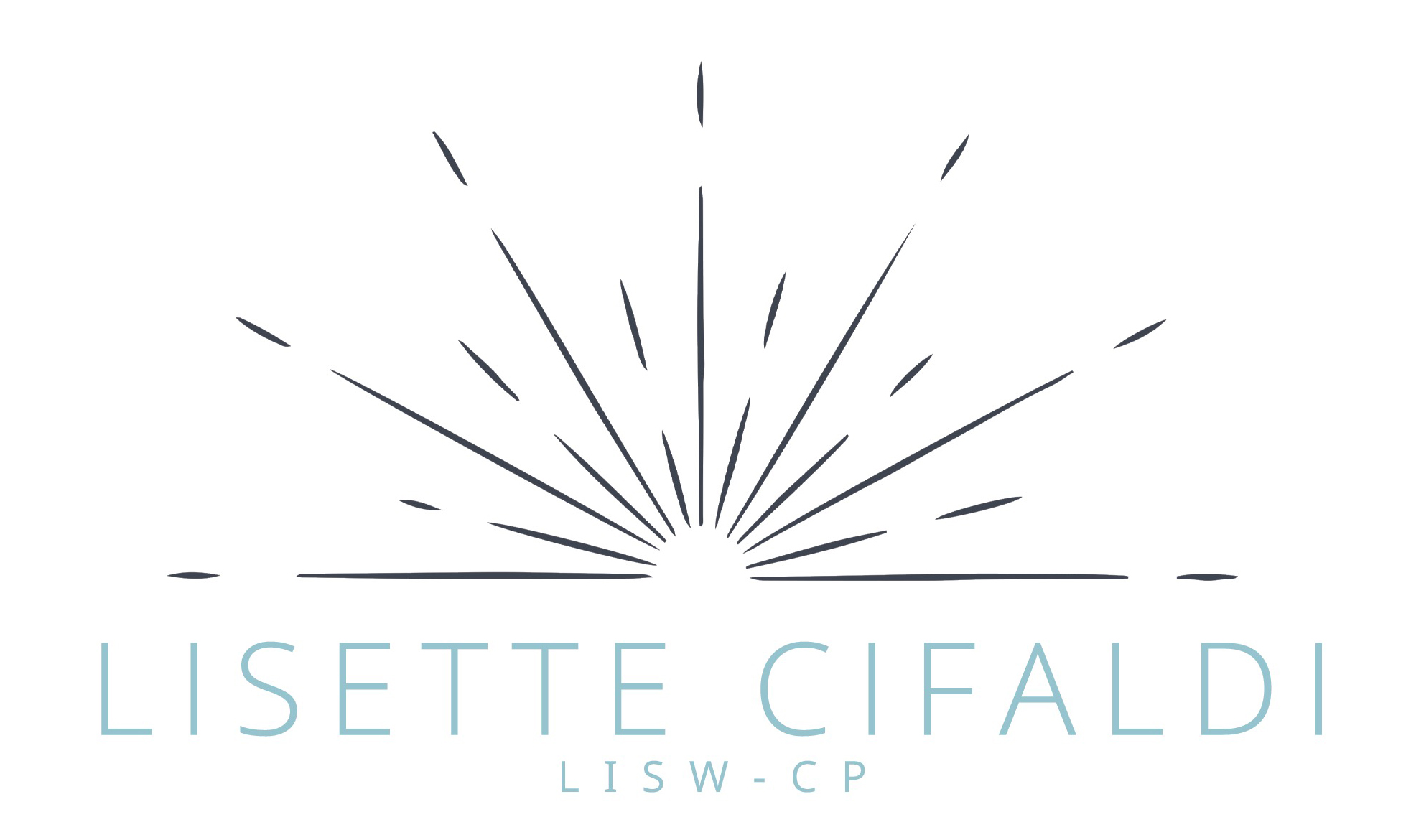In January of 2023 someone I loved betrayed me in an epic way. When I say epic, I mean like a Dateline episode sort of betrayal. A WTF betrayal. One of those life events that when you begin telling it to one person the entire room, or restaurant, or line at the DMV turn their heads to intentionally eavesdrop. Onlookers who hear the story can’t stop themselves from audibly responding, “Whoa…that is messed up.” It caused a seismic wave of emotional pain. Dateline worthy pain.
As if the betrayal itself wasn’t enough, the aftershocks started to unearth old trauma that I had long since worked through. Convinced my old trauma was safely tucked away in the past, I was reminded of it again when the recent betrayal kicked up familiar but dormant PTSD symptoms such as difficulty concentrating and managing my emotions, repeatedly playing tapes of the betrayal over in my head, and trouble sleeping.
Being a therapist, I know that healing lies in action. Sitting complacently by as the betrayal and PTSD reminders hijacked my life was not an option. So, I took up battle by scheduling a session with a colleague trained in Reconsolidation of Traumatic Memories (RTM). A specific protocol for the treatment of symptoms related to trauma and PTSD, RTM has been proven to eliminate flashbacks, nightmares, and other symptoms of PTSD for 90% of those treated and most often within just two sessions.
I was familiar with RTM because I had referred two of my clients to the aforementioned colleague. Both clients had phenomenal results manifesting in immediate relief from trauma related symptoms such as anxiety and sleeplessness. Once that had occurred, we were able to move faster through the overall healing process in our therapy sessions. It was the undeniable positive impact that the RTM protocol had on my clients that convinced me to test drive it myself.
The thing I like about the RTM protocol is that it doesn’t feel like traditional therapy. You don’t try to deconstruct the trauma, identify your resiliency, find meaning or wisdom in the event, or develop essential self-compassion. In fact, RTM isn’t therapy, and it doesn’t involve re-traumatization. The founder of the RTM protocol, Frank Bourke, explains it like this: “The technique is actually a neurological intervention that takes a traumatic memory and restructures it using several exercises like visualizing it as a black-and-white movie. The revised memory updates the original — reconsolidation.” It is basically an imaginative process that separates the traumatic feelings and symptoms from the memory so that you can experience the memory in a healthier, less distressing way.
It’s hard to understand how imagining a movie in your head could translate into the remission of upsetting PTSD symptoms, but in the words of my esteemed colleague, “This sh*t works.” I was guided through the RTM process for an hour over two consecutive days. During my two-hour drive home following my second session, I was pleasantly overwhelmed with a sense of profound peacefulness. The bone-crushing pain of the betrayal was blunted. I slept like a baby that night and when I went to work the following day, I was alert and able to concentrate. The anxiety associated with the reemerging PTSD symptoms disappeared and I could recall the betrayal without sobbing. It felt like a miracle.
After my personal experience with the protocol, I was all in on RTM. Seeing first-hand how RTM helped me heal so effectively from the betrayal and PTSD symptoms led me to receive the training I needed to incorporate the protocol into my private practice. I have since used RTM to help people suffering from PTSD and trauma related distress resulting from sexual assaults, childhood trauma, spousal abuse and betrayal, as well as other life events processed as trauma. The results have never failed to surprise me. I have seen so many of my patients receive unprecedented healing after RTM treatment. In fact, in my 25-years as a mental health provider I have never worked with a therapeutic model as rewarding as RTM.
If you would like to see if RTM is right for you, reach out via my website and schedule a free 15-minute phone consult today. I promise you; it will be 15 minutes well spent.
Lisette Cifaldi, LISW-CP is a psychotherapist, empowerment coach, and public speaker. Learn more at lisettecifaldi.com
